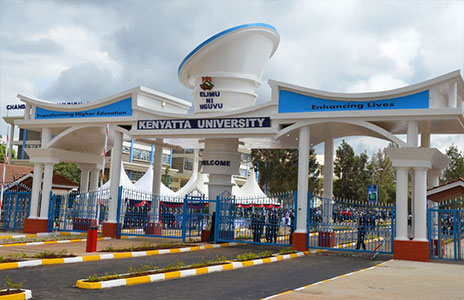
Disaster Management can be defined as the organization and management of resources and responsibilities for dealing with all humanitarian aspects of emergencies, in particular preparedness, response and recovery in order to lessen the impact of disasters.
This diploma in disaster management course helps in strengthening of the capacity of individuals to reduce the impact of disasters through enhancing their knowledge and skills to promote and adopt disaster reduction practices as an integral part ofthe development process at community, national, sub-regional and regional levels.
It provides a range o flearning opportunities to disaster managers who wish to include knowledge of disaster management in their on-going professional development.
This course has been developed in cooperation with national and international disasterorganizations. Support has been received from a range of emergency/disaster management agencies and organizations;
The course provides participants with a regional, national and international perspective on disaster management. Special emphasis is placed on the specific disaster profile of each region/country and issues relating to vulnerability and risk assessment, prevention, mitigation,preparedness, rehabilitation and reconstruction and relevant legislation.
For those planning a career in disaster management, there is no better capacity building programme than the Diploma in Disaster Management.
Graduates could work in humanitarian organizations and for the government in strategizing and implementing disaster management policies.
Entry Requirements
The minimum Entry Requirements for the Diploma in Disaster Management course are:
- KCSE C Minus;
- Any other equivalent qualification as approved by KNEC
Objectives of Disaster Management
This diploma in disaster management course is designed to equip students with the relevant knowledge in preparedness, response and recovery in order to lessen the impact of disasters.
The specific objectives of the program are to:
- Provide comprehensive knowledge to the learners on disaster preparedness, mitigation andrehabilitation.
- Enable the learners to carry out risk assessment and vulnerability analysis.
- Generate community awareness, and strengthen institutional mechanism for communitymobilization and participation in disaster management.
- Develop communication skills for disaster preparedness.
- Create greater awareness about effective disaster response in various emergency situations
What you will study
- Life skills
- Information communication technology
- Entrepreneurship
- Natural and Man-made Disasters
- Disaster Preparedness
- Rehabilitation, Reconstruction and Recovery
- Disaster Response and Disaster Management
- Risk Assessment and Vulnerability Analysis
- Communications and Public Relations
- Emergency Planning Management
- Conflict Resolution and Peace Process
- Community Administration and Health
- Community Resources and Resource Management
- Project Management
- Law Enforcement in Disaster Situations
Related articles
-

A Guide to Civil Engineering Degree and Diploma Programs in Kenya
08-Nov-2025 -

Electrical Engineering in Kenya: A 2025 Guide for KCSE Graduates
08-Nov-2025 -

Mechanical Engineering in Kenya: A 2025 Guide for KCSE Graduates
08-Nov-2025 -

Engineering Courses in Kenya: A Guide for 2025 KCSE Graduates
08-Nov-2025 -

Education Pathways in Kenya — From Basic Education to Tertiary | College Guide
06-Nov-2025 -

The Bird and the Mirror: A Reflection on Identity, Perception, and Illusion
07-Feb-2025
Colleges offering Disaster Management

Ruiru
Kenyatta University

Dagoretti North




